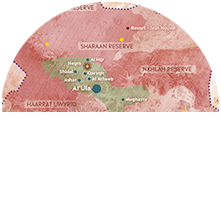BACK TO HOMEPAGE
0

0



















BACK TO HOMEPAGE
TOP OF PAGE
NEXT
- Share -


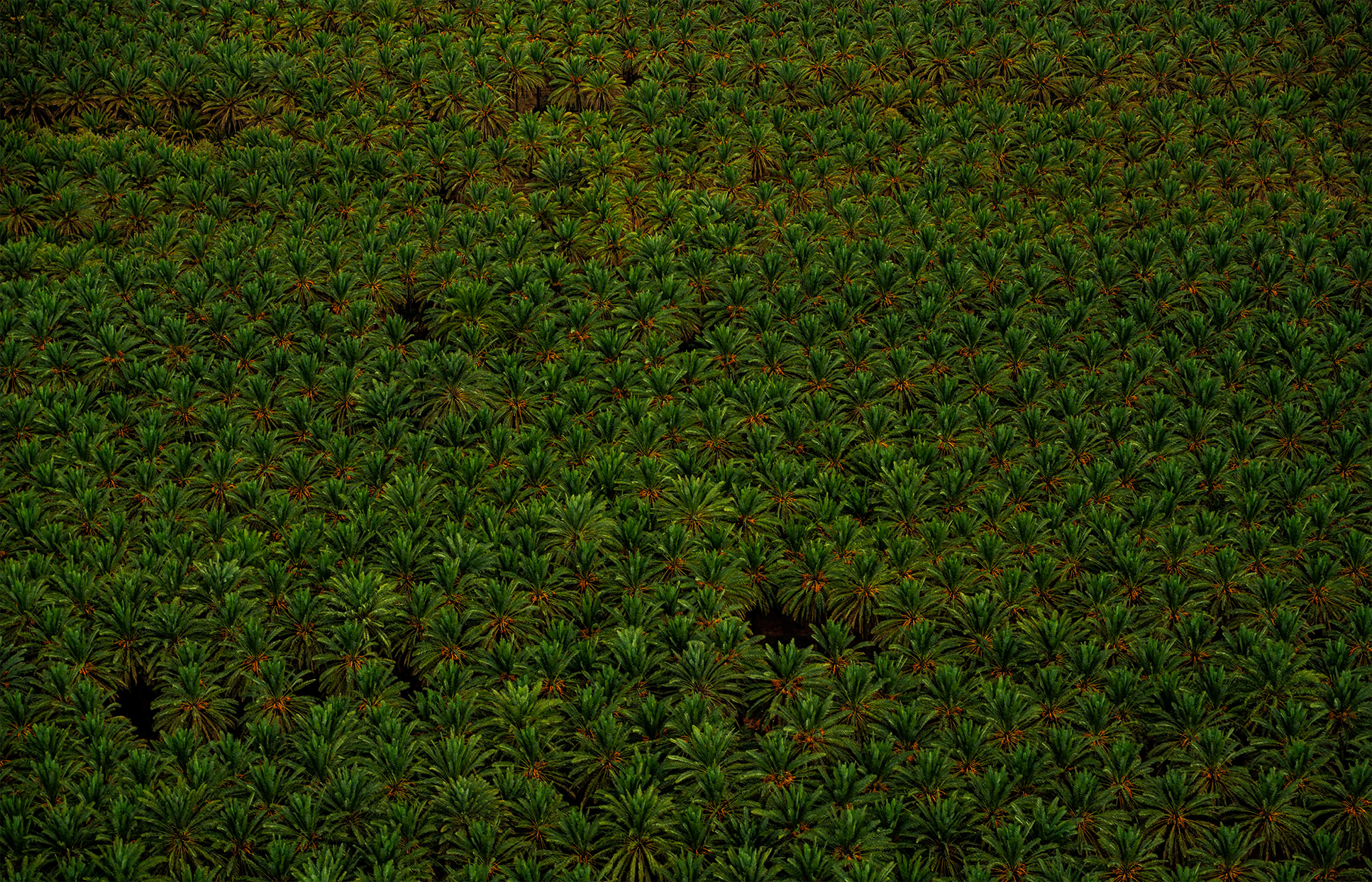
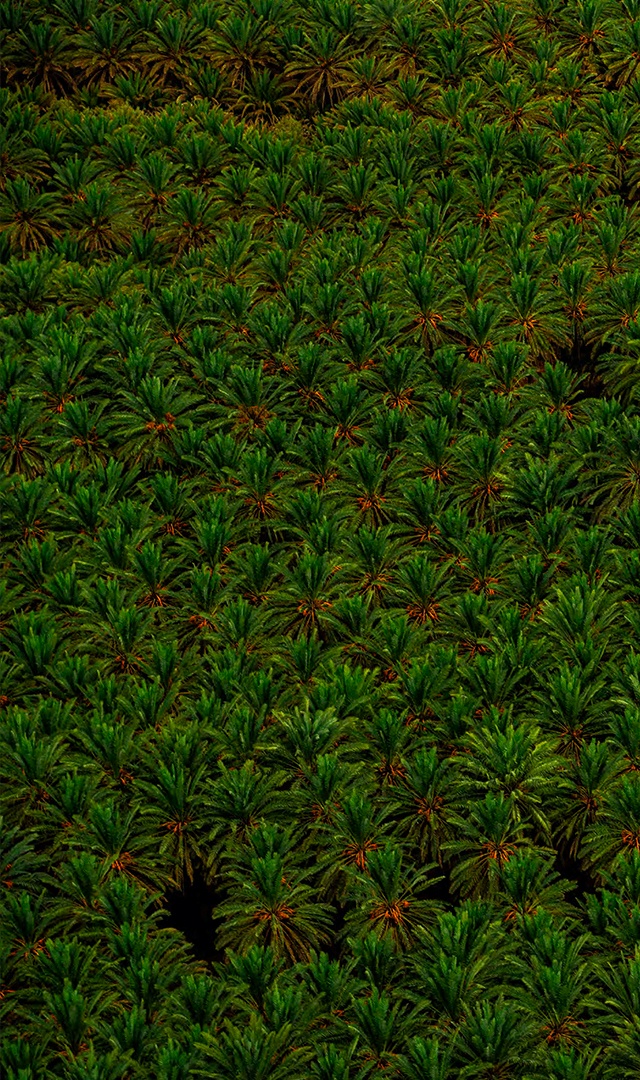




AlUla now has 45,000 inhabitants, including many farmers. Agriculture's central place at the heart of the community dates back to the very origin of human settlement in the oasis.
It gradually developed over time, under the influence of both nomadic populations and the gradual establishment of more settled communities thanks to improved agricultural techniques.


Even today, the richness of the oasis continues to contribute to the development of AlUla. An ambitious program has been deployed by AFALULA and the RCU to revitalize local agriculture around high-potential value-chains, such as dates and citrus fruits, all while respecting the requirements of sustainable development, the region and remaining inclusive of local communities and their needs. The principal aim of the project is to reinforce the attractiveness of the region for tourists through the development of high-quality products which will contribute to improving the image of the oasis and arousing the interest of those who visit. Traveling to AlUla will be a multi-sensory experience, nourished both by visiting the oasis and by discovering a variety of local natural produce, raw or processed, used in gastronomy, perfumes and even cosmetics.
The rise of high value-added sectors is also an opportunity for the local population to become a greater player in the AlUla project, strengthening the region's agricultural autonomy and diversifying the local economy. Specialists trained by French research institutions are working in the field to modernize the skills of farmers and to help in improving production quality, in particular for those value-chains aiming for quality certification.
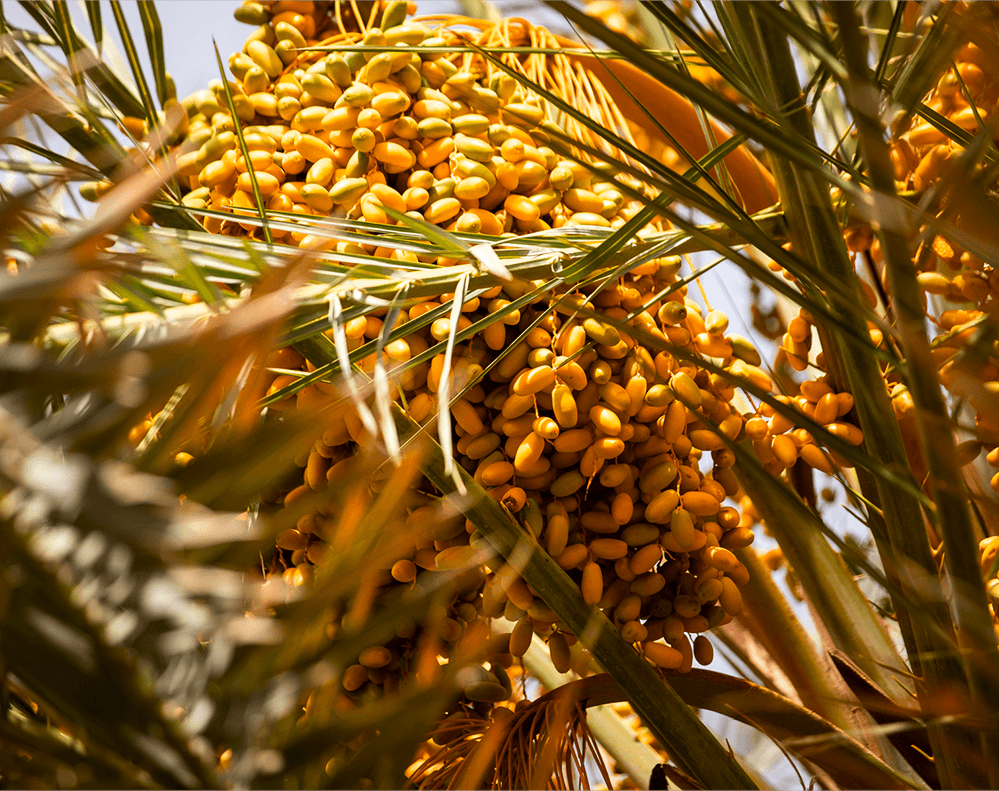
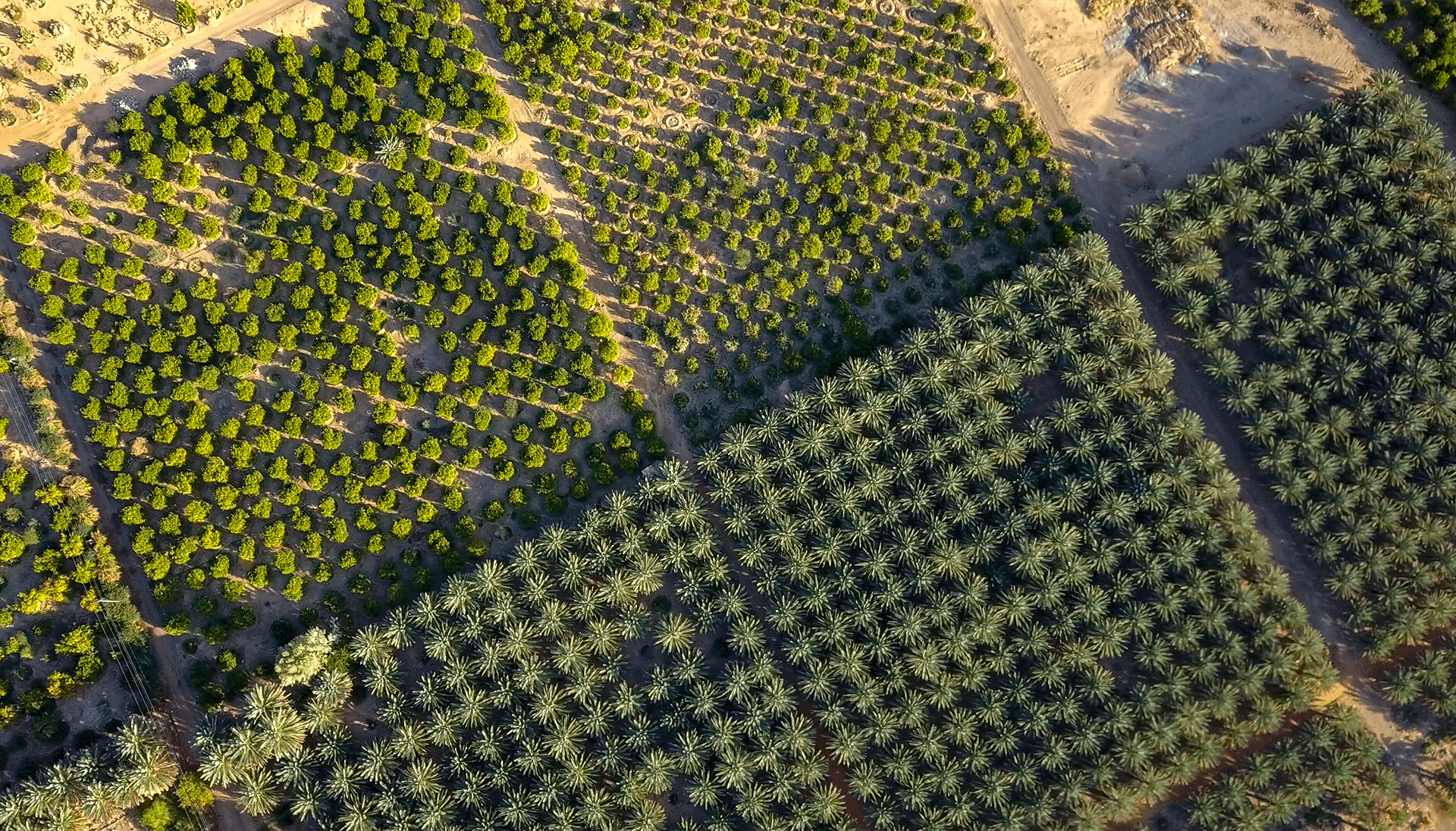

Saudi Arabia is one of the world's top two producers and exporters of dates. In AlUla, 90,000 tons of dates are produced each year, which is almost 1% of the total annual world production.









29
cultivated citrus varieties
have been identified to date
800
hectares dedicated to
citrus production in AlUla
Between 12,000
and 15,000
tons of citrus
produced each year in AlUla
90,000
tons of dates
produced each year
70 %
of the dates produced
are of the local Barni variety
More than 1,500
farmers
Between 200,000
and 300,000
small ruminants
(goats and sheep)
AFALULA is supporting the RCU in the rise of this value-chain with its significant potential, both economic and symbolic. After an initial analysis phase, carried out between 2019 and 2020, the Agency proposed a development plan centered on improving the quality of the fruit. France has genuine expertise in this area, with considerable experience in the promotion of its own gastronomic heritage and produce.
This progressive approach, which creates real value for the local economy, also requires the establishment of key infrastructure, including a sorting and packaging plant, and the transformation of lower quality fruits and other by-products (kernel, dry palms, etc.), into higher value products such as date paste, vinegar, sugar or compost. Work has also been carried out with ASFO Grasse, in order to identify the different olfactory and gustative characteristics of AlUla dates and to design a flavor wheel, as used already in coffee and cocoa production.
The objectives: to develop the export potential of dates and to increase awareness of AlUla products for the benefit of agricultural communities.
AFALULA,
A PARTNER
AT THE HEART OF A TRANSFORMATION OF THE SECTOR
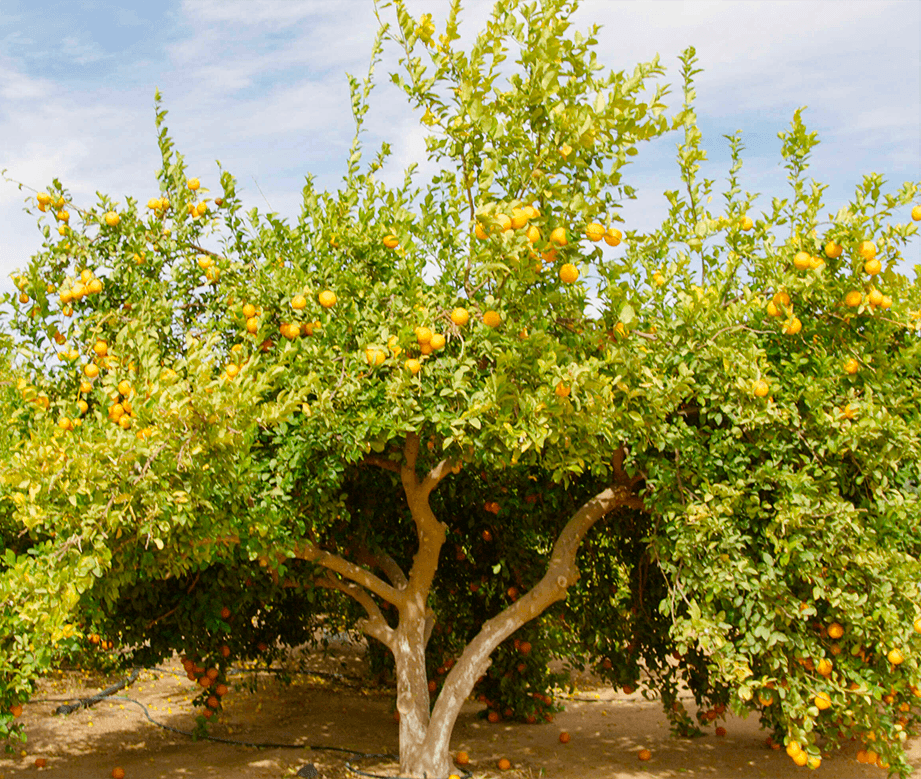
Work carried out since 2020 has made it possible to identify the varieties best suited to the region's soil and micro-climate. At the same time, training on good practice is conducted with local farmers to improve the quality of their production – harvesting techniques, water conservation by modern irrigation methods, sorting and packaging methods by size.
Support is also provided to the annual Citrus Festival, launched in January 2022, aiming at increasing the fame of AlUla Citrus diversity in the Kingdom and the region. All of which helps to increase the selling price at the farm gate.
Oranges, lemons, clementines, citrons, kumquats... There are numerous citrus varieties in AlUla. A citrus value-chain of excellence is being developed around them, with the support of French experts, gathered within a consortium made up of French public research institutions (CIRAD, INRAE, ANSES) and private actors such as the Bachès nursery or the AgroProspective consulting firm.



THE CITRUS ODYSSEY: FROM ORIGIN TO ALULA
LEARN MORE

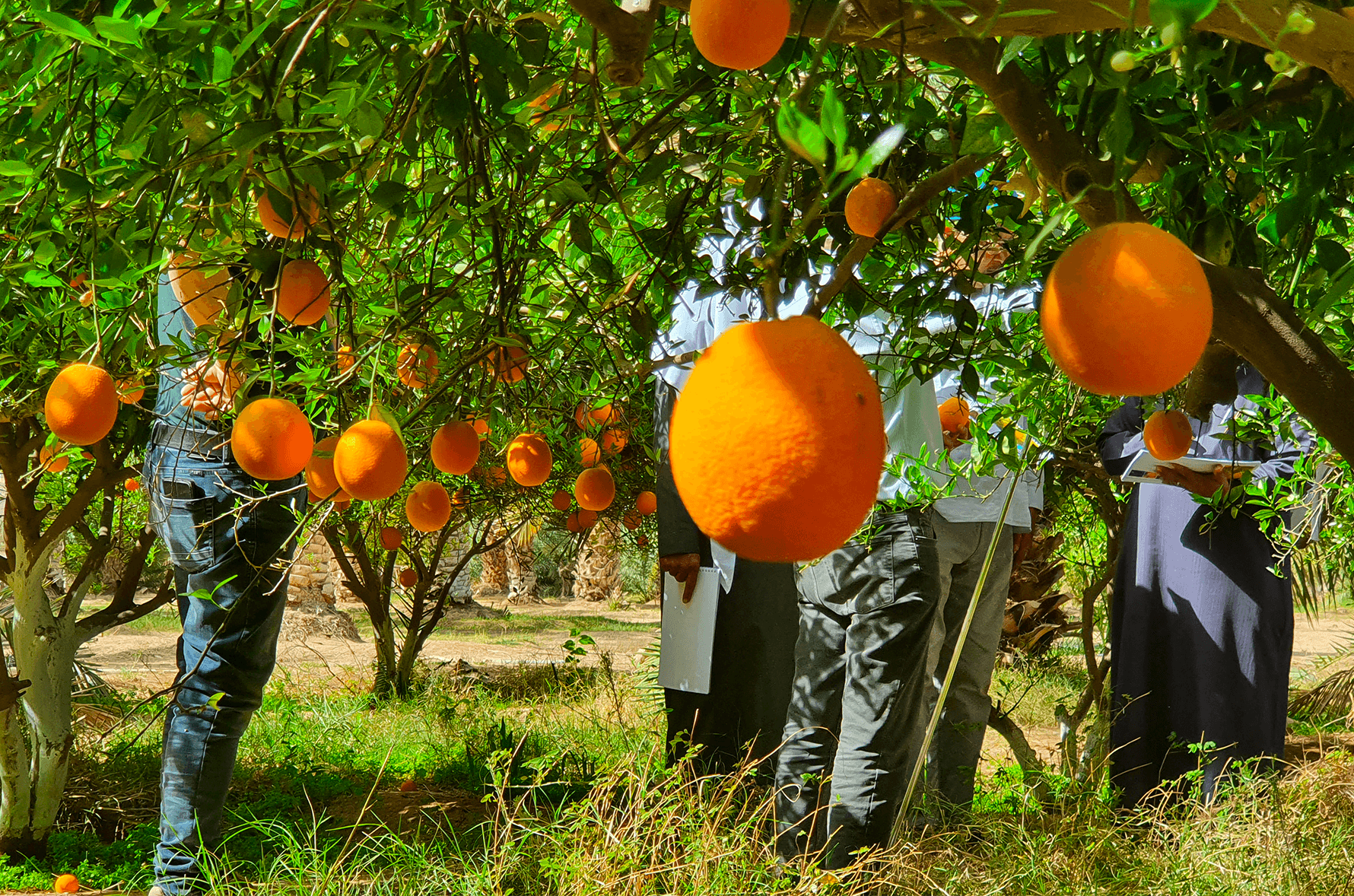




To carry out this ambitious project, the Agriculture division is working in close collaboration with several AFALULA centers of expertise inspired by “French-style” models of expertise:
• the Botanical Products division is responsible for promoting the development of products, particularly cosmetic and scented ones, from local plants and natural resources.
• the Environment & Infrastructures division is working on issues related to water management.
• the Architecture & Urban Development division is helping design the development and integration of agricultural spaces.
• the Tourism & Hospitality division supports the sector on issues concerning the promotion of local agricultural products in restaurants or hotels, but also with Agrotourism.
AFALULA is partnering with the RCU in their project to promote the economic, tourist and cultural development of the AlUla region for the benefit of the local and rural communities who live there.




DISCOVER THE WORK OF THE AFALULA AGRICULTURE DIVISION WITH THE FARMS AND FARMERS ON THE GROUND IN ALULA

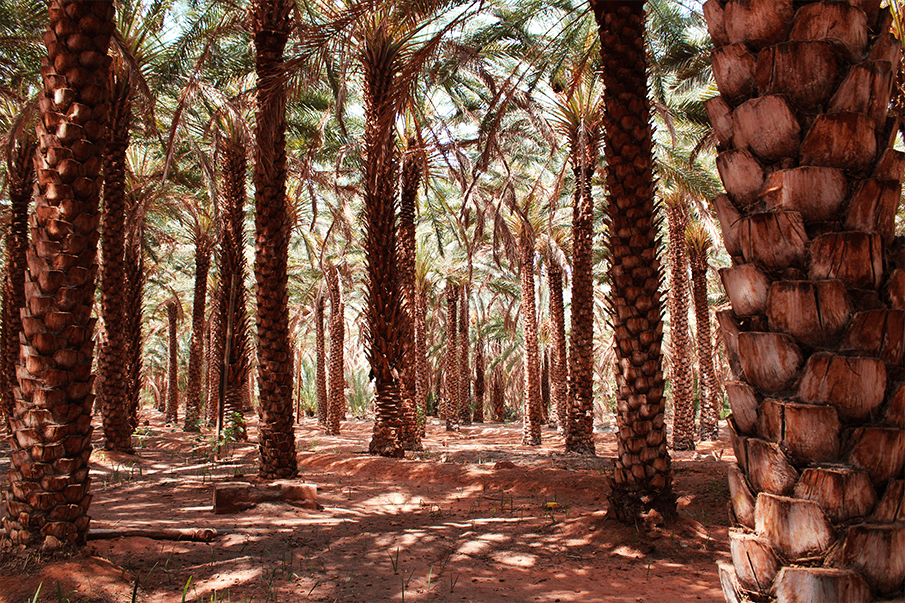

DISCOVER


THE STUDY OF THE OASIS REQUIRES AN EXTENSIVE, MULTI-DISCIPLINARY APPROACH ACROSS MANY AREAS OF EXPERTISE
EXPERT FOCUS
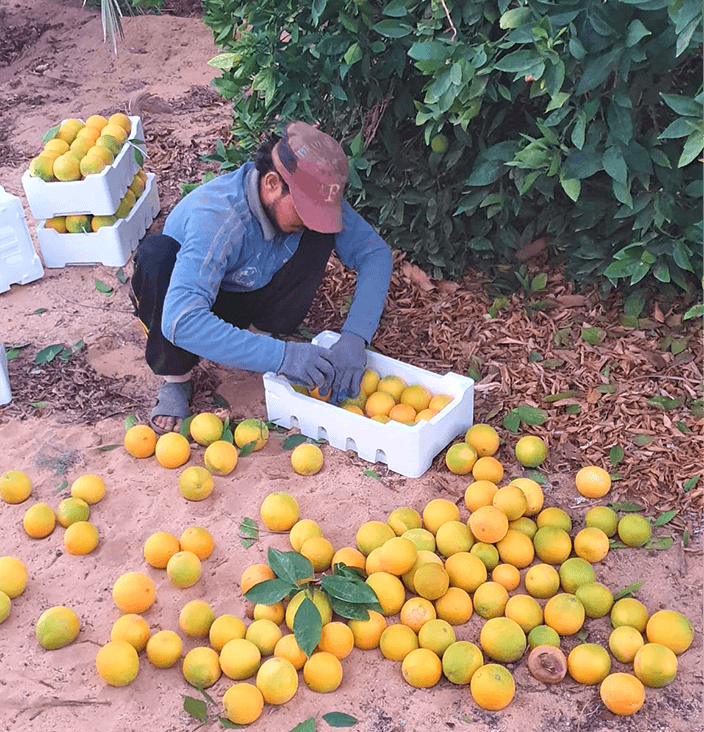

DISCOVER


THE TRANSFERT
OF SKILLS
IS AN INVESTMENT
FOR THE FUTURE
EXPERT FOCUS
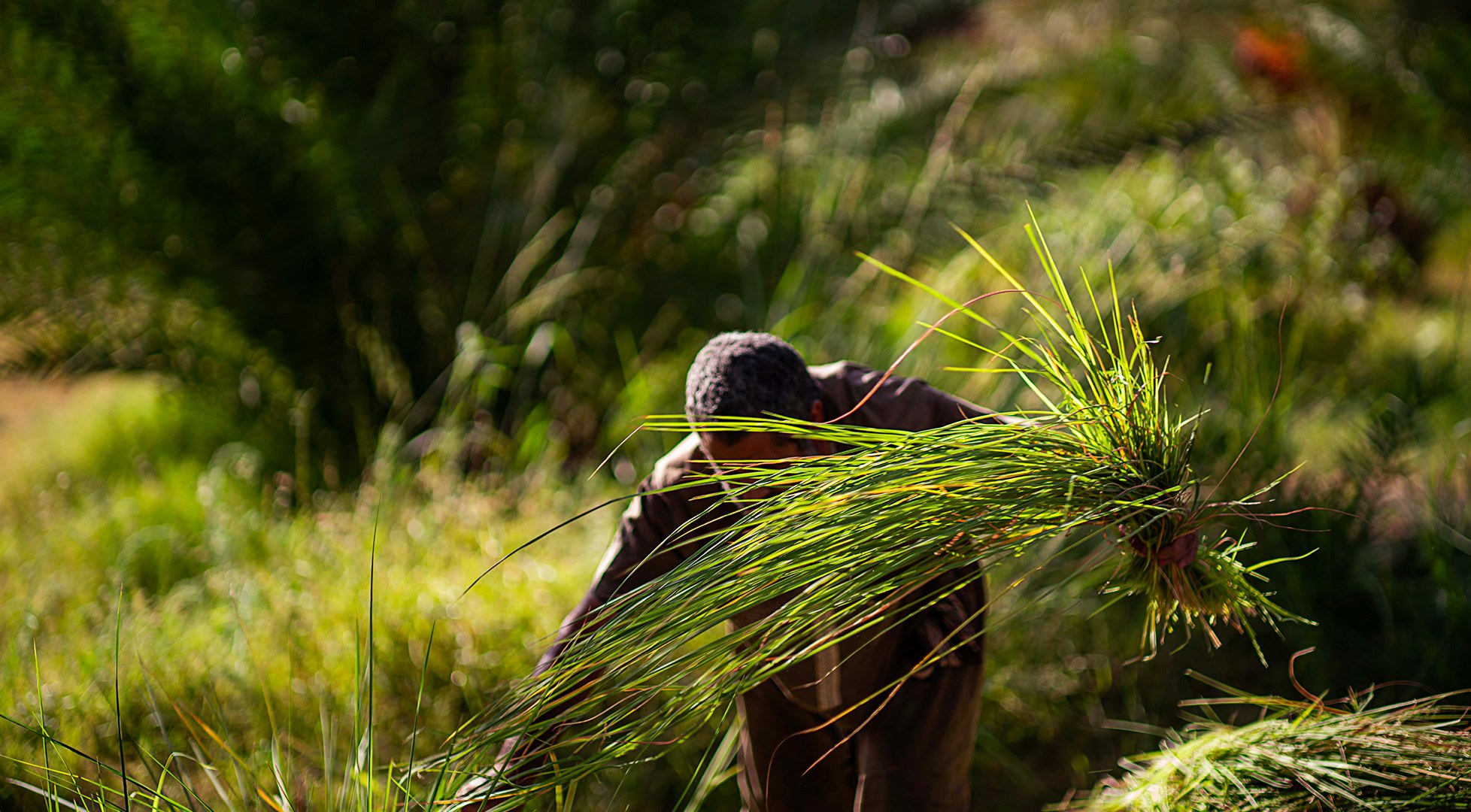
Water is a crucial issue for the oasis. Committed to the development of sustainable and responsible agriculture, and in collaboration with the French company BRL Ingénierie, the RCU and AFALULA are developing a strategy for the transformation of irrigation systems throughout the agricultural territory of AlUla.
The traditional practices and irrigation system, known as "flooding irrigation", used until now by farmers, will be replaced by more efficient and sustainable systems, such as the monitored and controlled drip technique. The latter could ultimately reduce water consumption by 20% to 30% for the same quantity of agricultural products generated. The deployment of these promising alternatives needs to be encouraged by incentive schemes, in particular financial, training and technical support, in order to accelerate the transformation process.



READ THE INTERVIEW


Environment & Infrastructures division Director
ANNE LARDOUX
THREE QUESTIONS TO




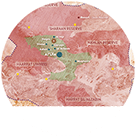













GO TO AFALULA.COM
READ PREVIOUS ISSUES
Subscribe to the newsletter



















